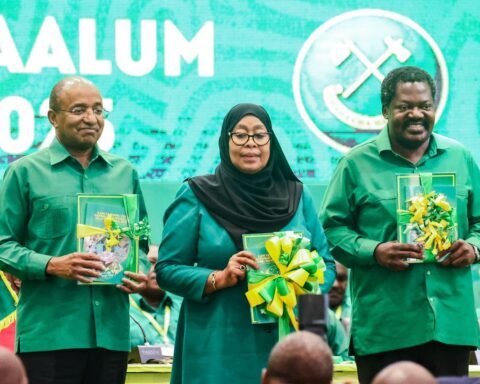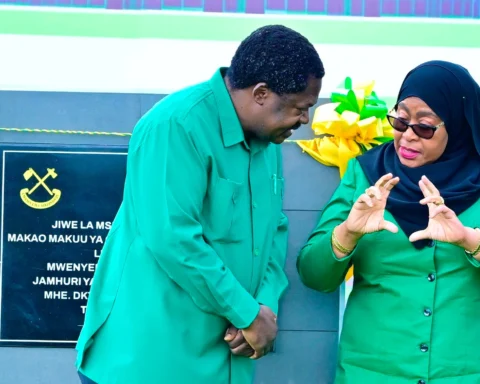Tanzania’s agricultural sector, especially initiatives aimed at empowering youth and women, is facing a potential crisis after the United States announced a 90-day suspension on foreign aid.
This decision has left more than 60 non-governmental organizations (NGOs) in a vulnerable position, as many rely on USAID funds to keep their operations running.
The suspension, which came into effect on January 24, 2025, is part of a broader policy review by the US government on its foreign aid commitments. USAID’s halt on new funding obligations and sub-obligations, which includes projects under Development Objective Agreements (DOAGs), has raised serious concerns, especially among those whose livelihoods depend on these funds. While the suspension was initially intended to last 30 days, the longer-term effects remain unclear, and there is a possibility that some programs may lose funding altogether.
Agriculture experts are particularly worried about the impact this will have on Tanzania’s farming sector. Malembo Lucus, an agribusiness expert and founder of Malembo Farm, said that around 65 NGOs working in horticulture and other agricultural areas in Tanzania depend on USAID support. For many of these organizations, USAID provides up to 30% of their funding.
“Horticulture has become a key part of the economy, especially for young farmers who are focusing on growing vegetables and fruits for export. Without that support, production will drop, and many workers could lose their jobs,” Lucus said, speaking to The Citizen.
The horticulture industry has played a crucial role in boosting Tanzania’s economy. The country saw a significant rise in earnings from horticultural exports, which reached $496.2 million in the year ending October 2024, up from $414.6 million in 2023. Much of this growth was driven by vegetables, making the sector an essential part of Tanzania’s agricultural exports.
The suspension of aid, however, raises concerns about the wider impact on Tanzania’s development projects. Stakeholders are calling on the Tanzanian government to review national priorities and ensure essential services, such as healthcare, are not disrupted. The government has already started to explore alternative sources of funding, but the path forward remains uncertain.
Also Read; Trump Administration Defines
Gender as Male and Female
“USAID has supported many key initiatives, including agricultural training programs and health projects. The government needs to step in and find ways to continue these vital services, especially when so many people rely on them,” said a concerned stakeholder.
This freeze on funding is part of a larger reassessment by the US government of its foreign aid policies. While the full reasons for the suspension remain unclear, it reflects a shift in US foreign policy priorities under the Biden administration.
NGOs and other organizations are left to wonder if the suspension will end or become a permanent cut. With so many people depending on these programs for their livelihoods, the country now faces an uncertain and challenging road ahead.






